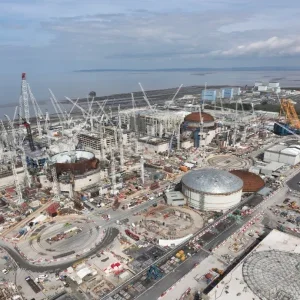
Shell Trinidad and Tobago has started production of gas from the Colibri field, offshore Trinidad and Tobago (T&T), almost two years after its final investment decision (FID) was taken.
The gas field is spread over Block 22 and NCMA-4 in the North Coast Marine Area (NCMA).
Colibri is a backfill project that is estimated to provide nearly 174 million standard cubic feet per day (mmscf/d) or 30,000 barrels of oil equivalent per day (boe/d) of near-term gas production. Its peak production is anticipated to be around 250mmscf/d of gas or 43,000boe/d of oil equivalent.
The field produces via a series of four subsea gas wells, which have a tie back to the existing Poinsettia platform in the NCMA acreage.
Shell Trinidad and Tobago is partnered by Heritage Petroleum, which has working stakes of 10% and 20%, respectively in Block 22 and NCMA-4. Heritage Petroleum is a state-owned oil and gas company in Trinidad and Tobago.
According to Shell Trinidad and Tobago, the production milestone of the Colibri field follows the amendment made to the Block 6 production sharing contract for the Manatee field. This will enable the delivery of gas domestically as well as internationally through Atlantic LNG project in which the company is a major shareholder.
Shell integrated gas, renewable and energy solutions director Wael Sawan said: “I am proud of the team in Trinidad and Tobago for their commitment to safely delivering this project on time. This reinforces the delivery of Shell’s Powering Progress strategy in country, as we seek to provide more and cleaner energy solutions, globally.
“Colibri, along with other development projects, will see natural gas going into both the domestic petrochemical markets and into LNG exports, in line with the energy ambitions of Trinidad and Tobago.”
Earlier this week, Shell through its another subsidiary Shell Offshore had started production from the PowerNap field in the deep water of the US Gulf of Mexico.






